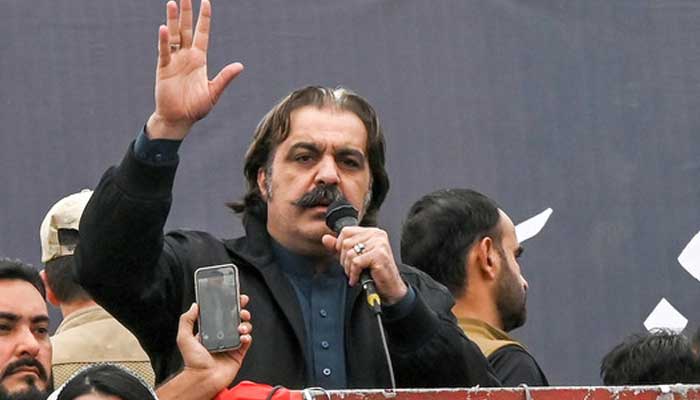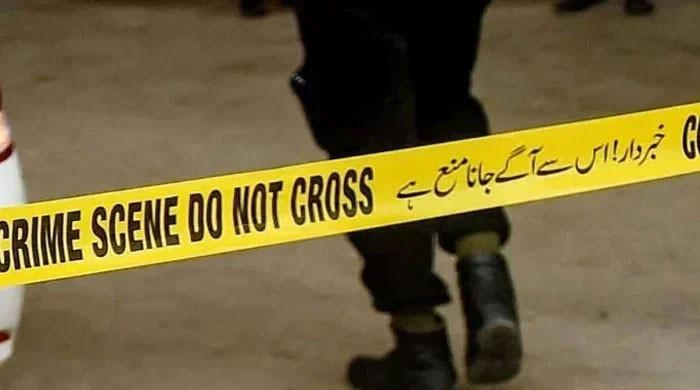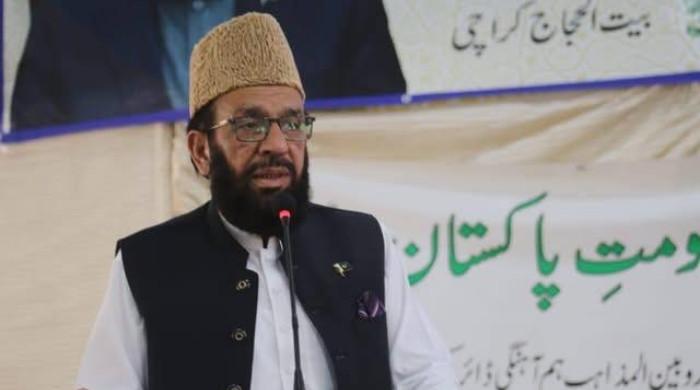Non-bailable arrest warrants against Gandapur suspended
Rawalpindi Anti-Terrorism Court grants relief to KP CM in May 9-related case
January 02, 2025

- Court cancels proceedings to declare the CM proclaimed offender.
- Gandapur's lawyer argued PHC had granted bail for all cases.
- Arrest warrant was issued for case registered in Hassan Abdal.
RAWALPINDI: An anti-terrorism court (ATC) has suspended the non-bailable arrest warrants issued against Khyber Pakhtunkhwa Chief Minister Ali Amin Gandapur.
The Rawalpindi Anti-Terrorism Court on Thursday suspended the arrest warrants for CM Gandapur in a case registered in Hassan Abdal Police Station.
The request to suspend the arrest warrants was filed by Gandapur's lawyer, Muhammad Faisal Malik, who argued that the Peshawar High Court had already granted bail to Gandapur in all cases.
The lawyer submitted the Peshawar High Court’s order to the court, after which the anti-terrorism court suspended the non-bailable arrest warrants issued against Gandapur.
Additionally, the court annulled proceedings to declare the chief minister as a proclaimed offender.
Last month, an ATC in Rawalpindi issued non-bailable arrest warrants for KP CM Gandapur and other PTI leaders in a case pertaining to the attack on army’s General Headquarters (GHQ) during May 9 violent protests last year.
The May 9 riots were triggered almost across the country after the deposed prime minister Khan's arrest in the £190 million settlement case.
Hundreds of PTI workers and senior leaders were put behind the bars for their involvement in violence and attacks on military installations last year.
During the protests, the miscreants targeted the civil and military installations including — the Jinnah House and GHQ in Rawalpindi.
The military termed May 9 "Black Day" and decided to try the protesters under the Army Act.











